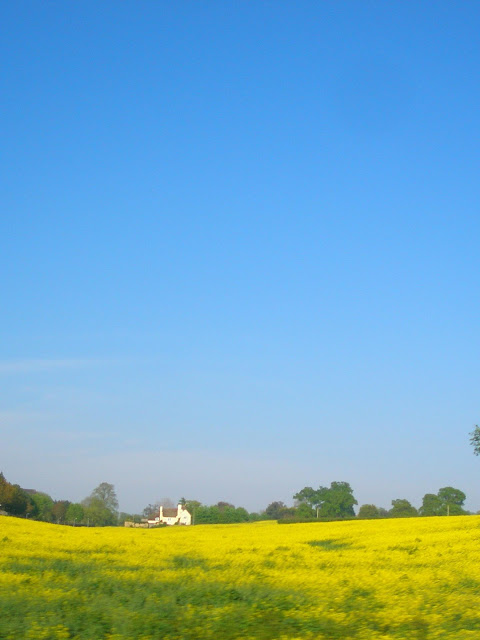ON
THE BEACH – NEVIL SHUTE
There's nothing new under the sun and all roads still lead to Rome,
which means that though 2020 is the year of the virus when people
came face-to-face with their own mortality, it doesn't mean we've not
been here before. As surely as empires rise so surely will they fall,
whilst a civilization can be erased in the blink of an eye.
There were always going to be degrees of how seriously you took the
Corona virus. For those on the front-line having to deal with it on a
daily basis, for example, it was all too real and for them not to
take it seriously would have been foolhardy in the extreme. For those
thinking themselves to be far removed from the so-called
'front-line', any seriousness was just water off a duck's back and
the whole knock-on effect of lockdown reduced to a weird
inconvenience to their daily routine.
Constant comparisons have been made likening the pandemic to a war so
in a continuation of that theme will children one day ask: 'What did
you do in the war, daddy?' And what might be the reply? I fought on
the front-line, son? I kept the home-fires burning, son? I maintained
a sense of normality until things returned to normalcy, son?
Published
in 1957 and set in the future of 1963, On
The Beach
by Nevil Shute is one of those books that appear in the Apocalyptic
Literature lists that are being composed of late. It's the story of
some people based around a Navy dockyard in Melbourne, Australia, as
they face approaching death in the form of a tsunami of radioactive
dust slowly sweeping over the world following a war between Russia
and China. There are about six months left until the cloud hits
Australia so death is imminent, the question being what to do and how
best to live over those six months?
Some find solace and even meaning in getting drunk, some continue to
work as normal so as to maintain a structure to their lives, whilst
some studiously ignore it and simply pretend no such thing is going
to happen. They're either being pragmatic or delusional but the
interesting thing is that neither is in any way better than the other
because essentially they're both coping mechanisms.
It's a bleak, dark read written at a slow, steady pace enabling the
reader to get up close and personal with the characters. Without
spoiling the plot too much, there's no happy ending to it. What the
book does very effectively is to pose what is essentially an
impossible question: How does one be happy and fulfilled if you know
one day you are to die? It's a question, of course, that philosophers
and some of the greatest minds ever have since time began pondered
over but as far as I know there's never been one single, conclusive
answer. And that in itself tells us something. Something that On The
Beach conveys.
Each character in the book has or finds their own, personal way of
attaining a semblance of fulfilment and happiness. All ways are
equally valid. How some people choose to spend what is left of their
lives is meaningless to others and vice versa. Some are simply
resigned to the fact that they and everyone else will soon be dead
whilst others rage against it. What many have in common, however, is
a sense of being thwarted, of being cheated out of being happy by the
actions of others. A sense of their unhappiness having being thrust
upon them through no choice of their own. So it has always been. In
On The Beach it's from those who started the war but in real life
every generation has its demons, even today during the current
Covid-19 pandemic there are those who are the cause of denying
happiness and even life itself. And let's face it, we all know who
they are.
On The Beach is relevant literature for irreverent times. It's a
description of life in the raw where there is no light at the end of
the tunnel so the only option is to build a light in the here and
now. To light a candle rather than to curse the darkness.
John Serpico


